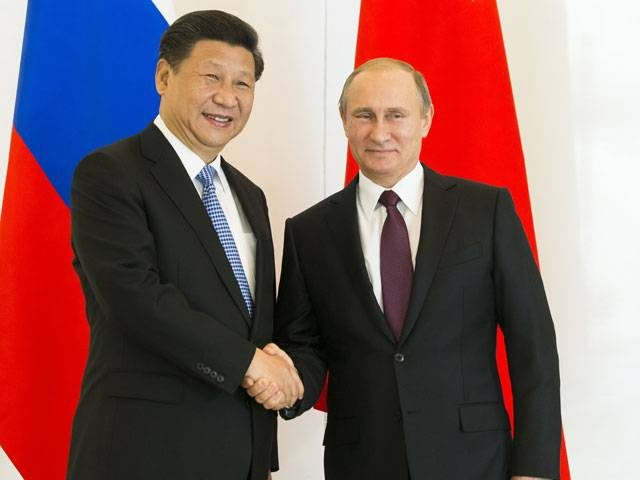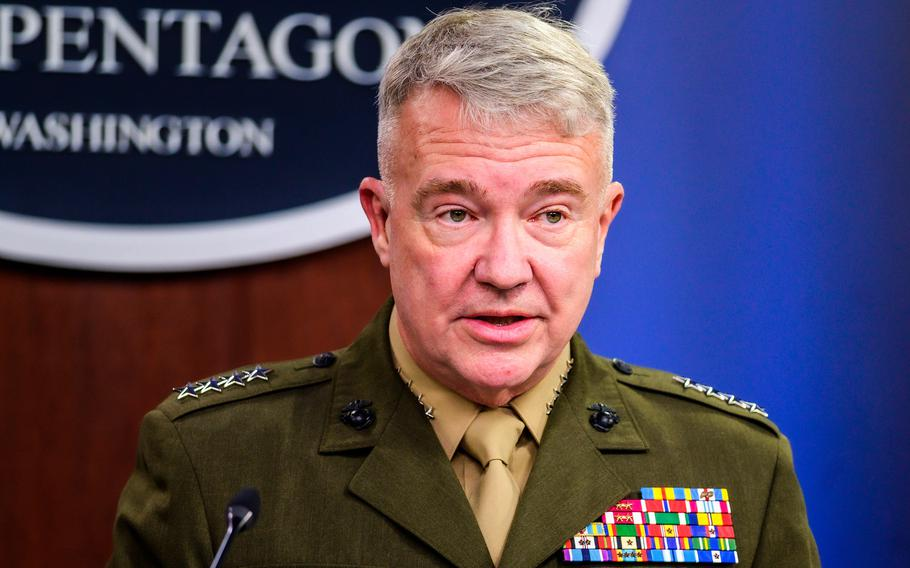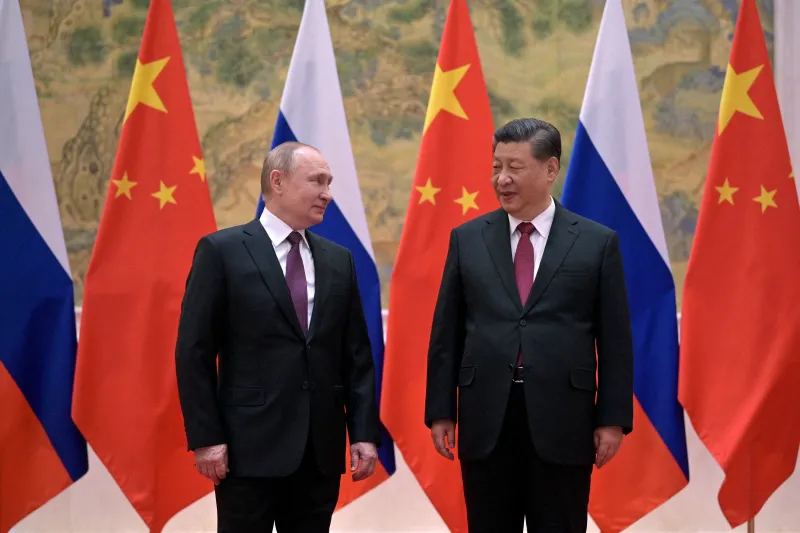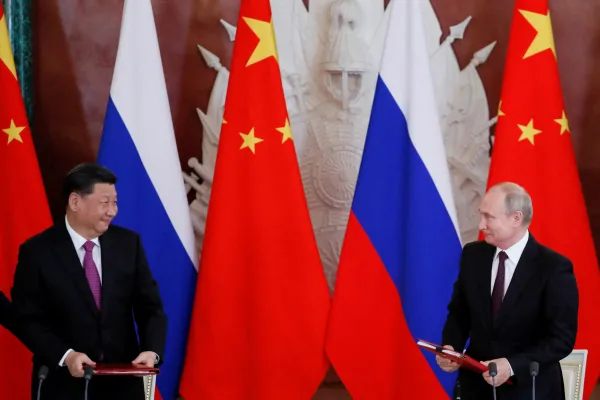How Afghanistan’s Militant Groups Are Evolving Under Taliban Rule

Intelligence agencies worldwide are warning that Taliban rule in Afghanistan is radically reshaping terrorist and militant groups in South Asia and around the world.
Specifically, intelligence and counterterrorism officials say that despite Taliban promises to sever ties with al-Qaida and oppose terror groups such as the Islamic State’s Afghan affiliate, as codified in the 2020 Doha agreement with the United States, there has been scant evidence of progress.








